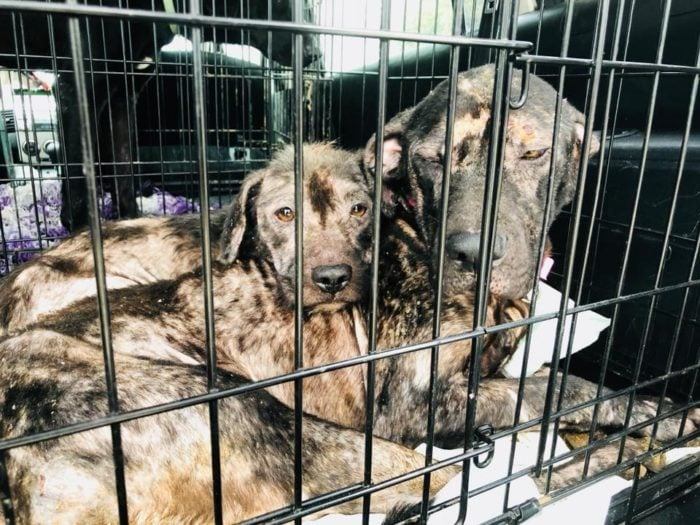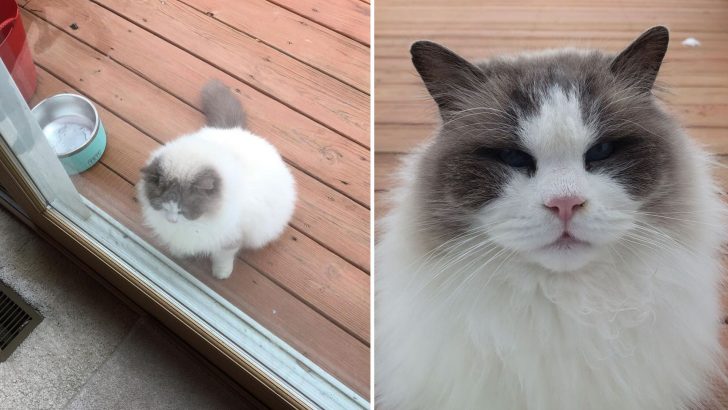Researchers have used 3D printing technology to create a custom titanium plate for a cancer-stricken dog whose parts of the skull were removed during surgery. The procedure on the dachshund was the first veterinary operation in North America and is a breakthrough in reconstruction surgery. The complicated process was carried out by Dr. Michelle Oblak from Ontario Veterinary College and Cornell small-animal surgeon Dr. Galina Hayes. The team surgically removed a large cancerous tumor from the dog’s skull. After the removal, the dog’s head was left with many gaps. More than 70% of the top skull was restored using the 3D-printed implant. Oblak, the assistant co-director of the U of G’s Institute for Comparative Cancer Investigation and board-certified veterinary surgical oncologist at OVC, said, “The technology has grown so quickly, and to be able to offer this incredible, customized, state-of-the-art plate in one of our canine patients was amazing.”
Oblak is currently examining canine animals as a disease model for cancer in humans and working with the University of Guelph’s rapid prototyping of patient-specific implants for dogs working (RaPPID). The team is working to analyze the use of rapid digital prototyping for advanced planning for surgeries and 3D printed implants for reconstruction. The dog, named Patches, was an ideal patient for this reconstruction procedure since the puppy was suffering from multilobular osteochondrosarcoma. The tumor in her head had grown so big that it was pushing towards her brain and eye socket.





